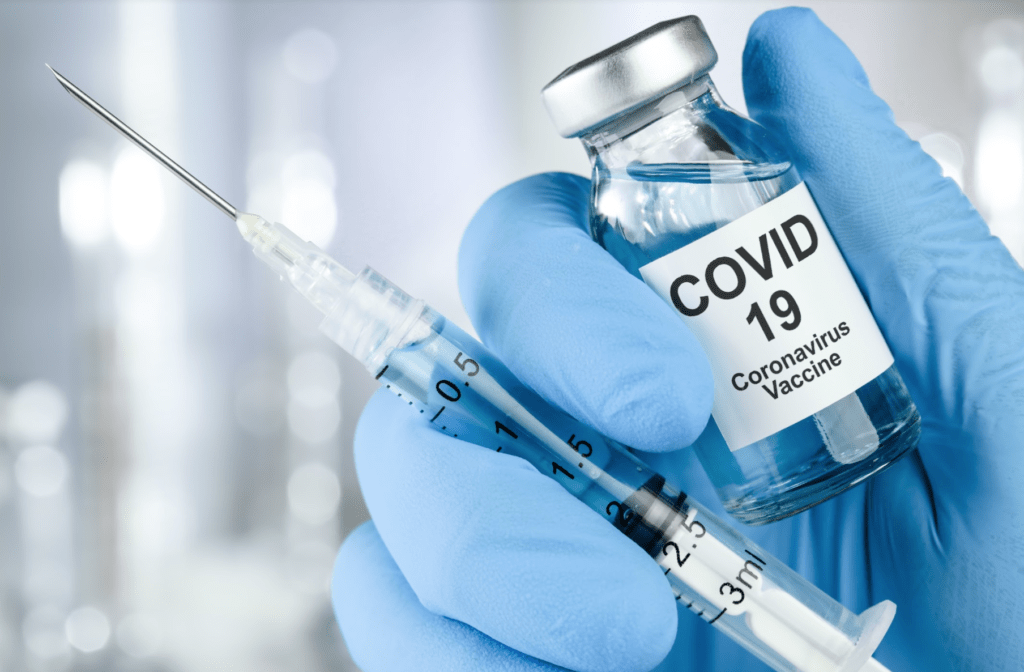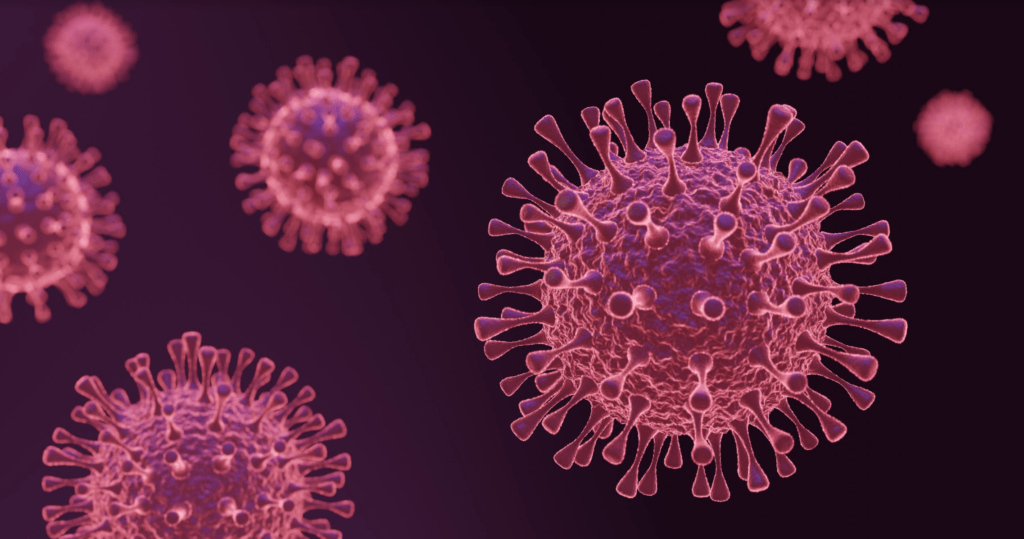Because of this current pandemic situation, making an effective and safe vaccine to fight COVID-19 is the top priority of the world’s governments and healthcare sectors. That’s why full blast research and clinical trials are now being conducted to find a cure for COVID-19.
The World Health Organization or WHO recently reported that an additional six vaccines have entered human clinical trials, and 77 pharmaceutical products are still in research and development. The majority of these coronavirus vaccines utilize genetic engineering, and only a few rely on traditional inactivation technology. So, what do these new pharmaceutical products offer?
In this post, you’ll learn about the new pharmaceutical products being tested to fight against viruses, particularly coronavirus.

Inactivated Vaccine
Contents
With the help of pharmaceutical testing labs, vaccines can be tested to help prevent the spread of viral disease worldwide. There’s a vaccine that has been recently discovered, which is an inactivated SARS-CoV-2 vaccine. It has been shown to protect animals without antibody-dependent enhancement or ADE (antibodies formed because of infection), which has been used in SARS to neutralize the strains of the virus in different countries.
Sinovac Biotech, a Chinese Beijing-based company, created a new coronavirus vaccine which demonstrates protective effects in a monkey, namely rhesus macaques. The vaccine is an old-fashioned formulation that consists of the virus’ chemically inactivated version without obvious side effects.
Adenovirus Vector Vaccine
Traditional viral vaccines were based on attenuated or inactivated pathogens. However, with advances in technology, particularly molecular virology, viral immunology now enables viral antigen vector genetic engineering, inducing immune protection.
One of the six candidate coronavirus vaccines under clinical evaluation includes an adenovirus vector vaccine. It is currently in Phase II of a randomized clinical trial, and it’s called Recombinant Novel Coronavirus or 2019-nCOV Vaccine.
Here are the good-to-know facts about this vaccine:
- This Ad5-based vaccine was used for the Ebola virus during the outbreak in 2014.
- Initially, adenoviruses were vectored as gene therapy vehicles, replacing faulty or missing genes. Adenovirus vectors are also being tested for several infectious agents, such as malaria and human immunodeficiency virus or HIV.
- Now, the Phase II clinical study has shown that this vaccine induces an antibody response among patients with coronavirus four weeks after injection. The Phase I study with 108 subjects is already complete, but the results have not been released, and the Phase II study involving 500 subjects is underway.
DNA Plasmid Vaccine Using Electroporation Device
This vaccine is currently in Phase I of a clinical study led by Inovio Pharmaceuticals, wherein it helps improve DNA plasmid gene expression by a hundred times as compared to injecting “naked” DNA. With the use of multiple electroporation devices, needles deliver electrical pulses into the skin or muscle—some devices delivering both electroporation and the vaccines.
Here are the research findings of electroporation vaccine delivery even before the existence of COVID-19:
- Electroporation generated considerable enthusiasm that showed a great impact on the efficacy and immunogenicity of vaccines (ability to induce an immune response) up to a thousandfold over injecting “naked DNA” delivery. It resulted in improved immune response, with response rates being relative to the delivery of DNA by direct injection.
- The early promise of electroporation vaccine delivery shown in pre-clinical animal models translates into enhanced immune responses among humans during clinical trials, which impacts diverse medical conditions, including cancer and infectious diseases.
- This concept that uses DNA to immunize infected people instantaneously gained widespread recognition because of its elegance and simplicity. It involves injecting a DNA plasmid to encode the antigen into host cells and allowing the host-cellular machinery to carry out protein translation, antigen processing, and antigen presentation.
Precision Medicine
Precision medicine involves a holistic approach to treating and preventing disease, which can be applied in fighting viruses. This personalized treatment approach takes into account a person’s genes, lifestyle, and environment, which enables medical researchers and doctors to forecast and develop more accurate prevention and treatment strategies for a specific disease.
Because pharmacogenomics is a crucial part of precision medicine’s application phase, it combines different medications tailored to a person’s genes. It helps improve HIV treatment, screening patients who are more susceptible to the adverse side effects of the antiviral drug abacavir or Ziagen.
Here are the current antiviral drugs combined to fight viruses, particularly coronavirus:
Chloroquine:
Just recently, United States president, Donald Trump announced that chloroquine and hydroxychloroquine could be used in treating coronavirus. It is now approved by the Food and Drug Administration (FDA) for testing as a treatment for this pandemic problem.
Favilavir:
This drug was first approved as a coronavirus or COVID-19 drug in China. This drug reportedly showed efficacy in treating coronavirus with minimal side effects involving 70 patients in a clinical trial held in Shenzhen, Guangdong province.
Remdesivir:
This antiviral drug was originally used in Ebola treatment and has been found to work well against MERS and SARS, which are also types of coronaviruses.
Conclusion
With all of the new pharmaceutical products, researchers and healthcare professionals are dedicated to finding a cure for viruses, particularly for COVID-19. All means are being explored, including using inactive or attenuated vaccines, adenovirus vector vaccine, DNA vaccine via electroporation, and precision medicine.


